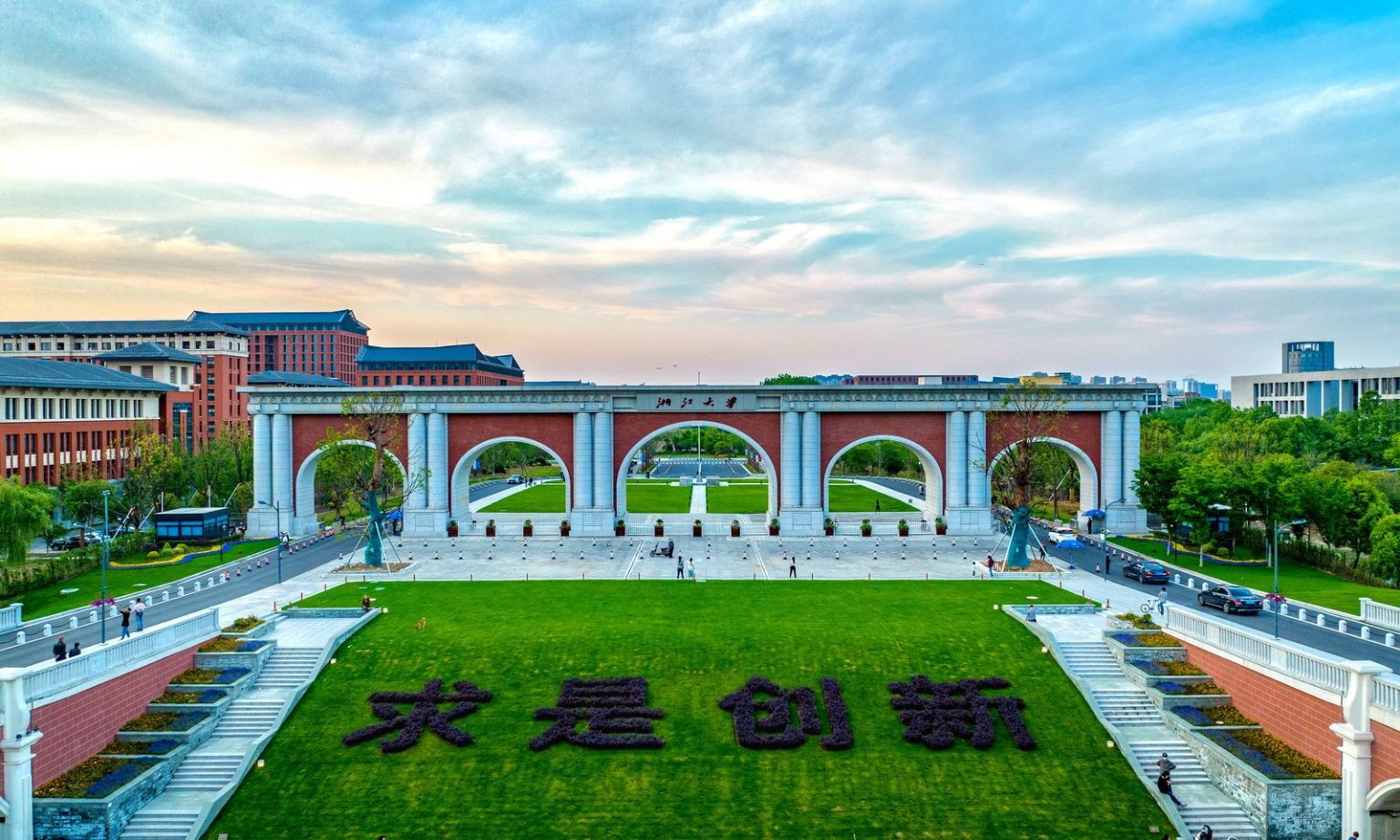The Zhejiang University (ZJU) has established itself as a key player in Hangzhou’s technological growth, standing out as a center for training leaders in artificial intelligence (AI) and robotics. The recent publication of the book “Hangzhou Code: How the ‘Six Little Dragons’ Took Flight” has reignited interest in the role this institution plays in the success of emerging companies like DeepSeek and DEEP Robotics, highlighting how innovative education can drive global innovation.
Released in late March 2025, the book has sparked a national debate on Hangzhou’s remarkable rise as a globally renowned innovation hub. With 128 years of history, ZJU has become the alma mater of key figures in the tech sector, such as Liang Wenfeng, founder of DeepSeek, who completed his education in the Faculty of Information Science and Electronic Engineering at this university. This faculty has been the springboard for other prominent entrepreneurs, including the creators of DEEP Robotics and Manycore Tech, part of the group known as the “six little dragons of Hangzhou”.
ZJU’s success is not a result of chance, but of a carefully cultivated strategy that proactively seeks to nurture talent. Its curriculum not only adapts to emerging trends, but also anticipates future needs. In 1999, the university was a pioneer in implementing the first innovation and entrepreneurship program in the country, and currently offers over 100 related subjects aligned with industry demands.
Since its inception, the university has been at the forefront of AI, establishing its computer science department in 1978 and becoming one of the first institutions to offer a degree in this area in 2019. Chen Hongsheng, dean of ISEE, states that “we combine depth with breadth”, allowing students to master specific areas and develop interdisciplinary fluency crucial for adapting to a constantly changing world.
Practical learning is an essential component of education at ZJU, where over 80% of students participate in applied research projects or industrial experiences, with strong support for international exchanges and competitions. Zhu Qiuguo, founder of DEEP Robotics and an associate professor at the university, highlights that his passion for robotics was born at ZJU, participating in competitions that combined theory and practice.
ZJU’s commitment to innovation goes beyond technical training; it also promotes social responsibility among its students. Wang Wei, vice dean of ISEE, emphasizes the importance of merging innovative skills with a sense of responsibility. Projects like the augmented reality safety tool for delivery drivers, developed by Ye Bowen, are a clear example of this approach.
With its mission to “Seeking truth, pursuing innovation,” ZJU is dedicated to using technology for the benefit of society. Its strong academic track record, solid industry partnerships, and a culture that prioritizes both curiosity and impact position it not only as a competitor in the era of AI, but as an active shaper of it. As the “six small dragons of Hangzhou” continue to evolve, ZJU continues to educate innovators who will shape a rapidly evolving technological future.
Source: MiMub in Spanish
